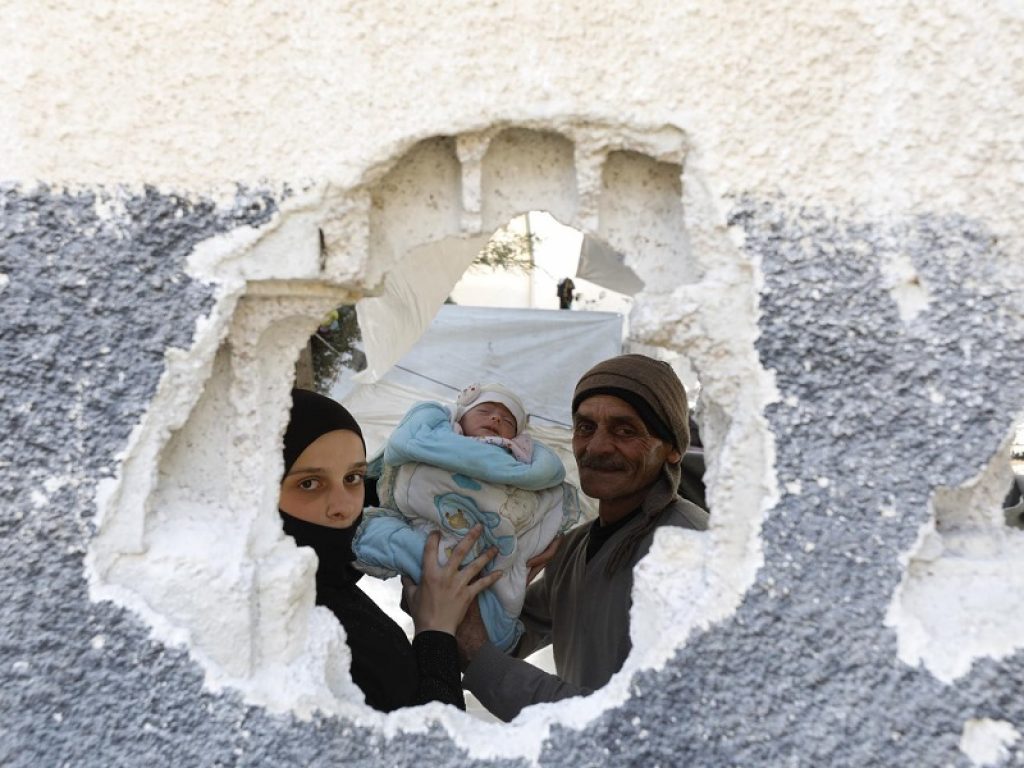Guerra in Siria: dall’inizio del 2019 almeno 419 minori sono stati uccisi o feriti e 169 sono stati reclutati nei combattimenti. Appello UNICEF al G7
“È mia sincera speranza che la protezione e il benessere dei bambini in Siria saranno in primo piano e al centro dei colloqui dei leader mondiali questo fine settimana al vertice del G7. La violenza nel nord-ovest della Siria – tra cui Idlib, Aleppo e Hama – continua ad aumentare”. A lanciare l’appello al G7 che si riunisce in Francia è il Direttore dell’UNICEF Henrietta Fore.
“I bambini del nord-ovest hanno sofferto molto quest’anno. Dall’inizio del 2019, almeno 419 bambini sono stati uccisi o feriti e circa 169 bambini sono stati reclutati nei combattimenti. Nel solo nord-ovest si sono verificati più di 73 attacchi alle strutture scolastiche, 49 attacchi alle strutture sanitarie, oltre a 29 attacchi agli impianti idrici, che hanno colpito l’approvvigionamento di acqua per oltre 610.000 persone. Tra queste, le strutture sostenute dall’UNICEF. Questo è ciò che le Nazioni Unite sono state in grado di verificare attraverso fonti primarie, ma le cifre reali sono probabilmente più alte” aggiunge.
“I bambini che sono stati esposti a esperienze traumatiche possono anche avere cicatrici invisibili di un profondo disagio psicologico. Ci sono anche indicazioni che la violenza a Idlib potrebbe aggravarsi ulteriormente, un’evoluzione che probabilmente comporterebbe ulteriori vittime tra i bambini e i civili, così come lo sfollamento massiccio della popolazione” prosegue.
L’UNICEF fa eco all’appello del Segretario Generale affinché il Memorandum d’intesa su Idlib del settembre 2018 sia sostenuto. L’UNICEF esorta inoltre le parti in conflitto e coloro che hanno influenza su di loro – compresi i leader del G7 – a proteggere i bambini in tutta la Siria. Con il conflitto, giunto al nono anno, è fondamentale che tutti i bambini colpiti da questa guerra – siano essi siriani o bambini di combattenti stranieri – siano tenuti al sicuro e che i loro diritti siano rispettati” conclude.

